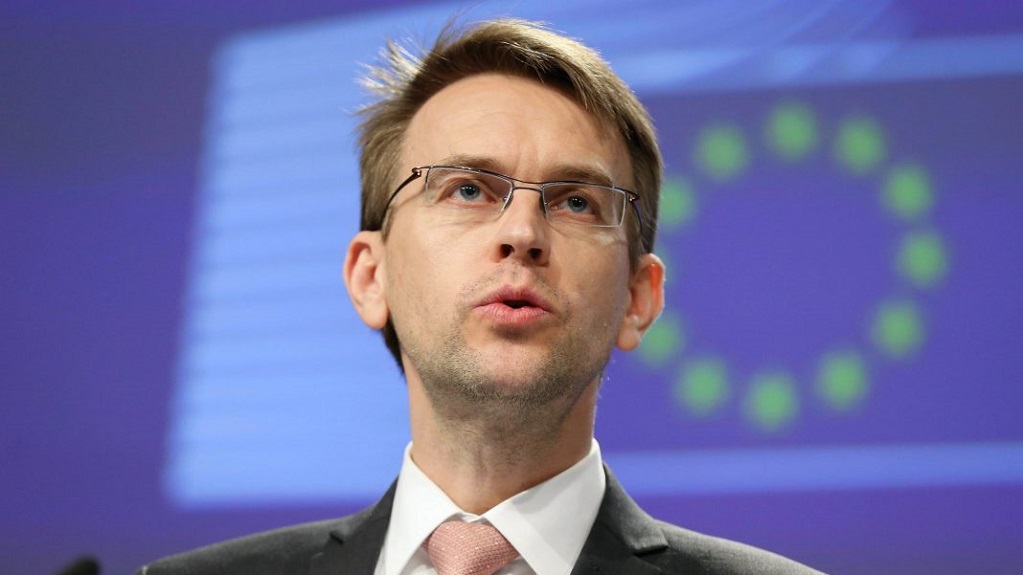Peter Stano, the spokesperson for the European Union's foreign affairs and security policy, once again expressed the EU's concern about the implementation of the Russian Law on so-called agents in Georgia and stated that the possibility of suspending aid to the government is being considered.
News
Peter Stano of the Spanish publication Europa Press stated that the European Union is "very concerned about the recent developments in Georgia" and that the implementation of the Russian law represents a "setback" in the country's progress toward EU integration.
According to Stano, in the short term, the European Union has already reduced political contacts with Georgian authorities, excluding those "focused on finding a way out of the current situation."
"We are considering the possibility of suspending financial aid to the government," Stano said, noting that the European Union had already frozen 30 million euros in military aid planned under the European Peace Mechanism.
Two days ago, U.S. Secretary of State Antony Blinken announced that the U.S. would suspend 95 million dollars in aid to the Georgian government due to anti-democratic actions and false statements that do not align with the norms of EU and NATO membership.
On May 28, despite international partners' calls and thousands of protests, Georgian Dream overcame the president's veto and adopted the Russian law. The law classifies all non-governmental and media organizations receiving more than 20% of their income from international grants as entities carrying the interests of a foreign power. Hundreds of organizations have declared their intention not to comply with the Russian law.
The Russian law has been challenged in the Constitutional Court. If its enforcement is not halted, severe fines against non-governmental and media organizations will take effect starting September 3.















